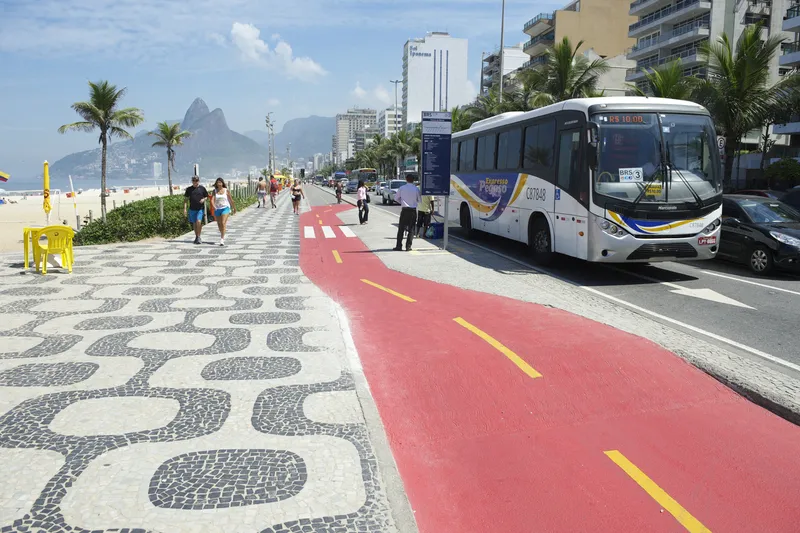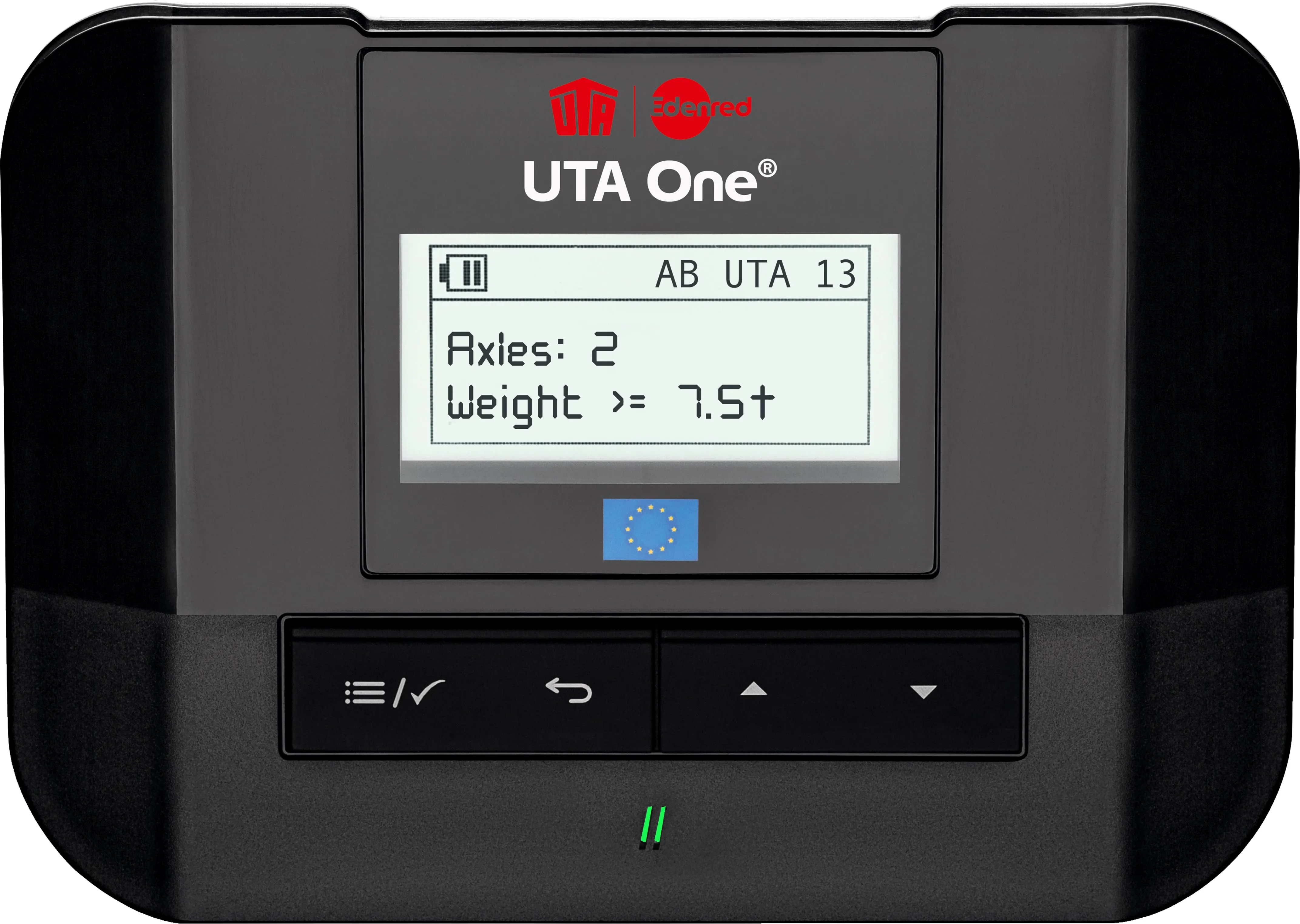
Fairtiq is to provide a digital ticketing solution for multimodal public transport in the Czech Republic's Zlín Region.
Koved, the region’s public transport authority, chose the Swiss technology company as the preferred partner to develop an advanced mobile PAYG (pay-as-you-go) solution that will be launched later this year.
The award is the first for Fairtiq in the Czech Republic and its app will enable riders to use buses, trolleybuses and trains throughout the region seamlessly.
Based in Bern, Switzerland, the company said it was selected on the basis of its ability to roll out a hardware-free Software as a Service (SaaS) solution.
Before boarding public transport, passengers check in by swiping the app on their smartphone. This means they have a valid ticket for the entire public transport network in the corresponding region. When they arrive at their destination, they swipe again to end the cost calculation. The app uses location services to register the route travelled and calculates the correct fare.
Jakub Zach, chairman of the transport committee for the Zlín Region, said Koved has long wanted an app that would calculate the cost of a journey and then allows for the app user to pay for the journey.
"The Czech Republic is known internationally for excellent public transport and Zlín has long been a laboratory for new ideas," said Gian-Mattia Schucan, founder and co-chief executive of Fairtiq.
The Zlín Region Integrated Transportation agency (Integrovaná Doprava Zlínského Kraje - IDZK) provides 15 million annual trips on trains, regional and urban buses of nine different operators with integrated fares, schedules, transfers, branding and wayfinding. The region’s transport network, which covers the entirety of Zlín area with a population of 600,00), is run by Koved (Koordinátor veřejné dopravy Zlínského kraje / Zlín Region Public Transportation Authority).
Fairtiq’s free ticketing app and technology is already used across the entire public transport system in Switzerland and Liechtenstein, as well as in parts of Germany, Austria and France - and it was recently selected to provide nationwide ticketing in Denmark.
Swiss Federal Railways (SBB) uses the technology operated by Fairtiq in its own app, EasyRide, and Austrian Federal Railways (ÖBB) also uses Fairtiq technology in its app.









